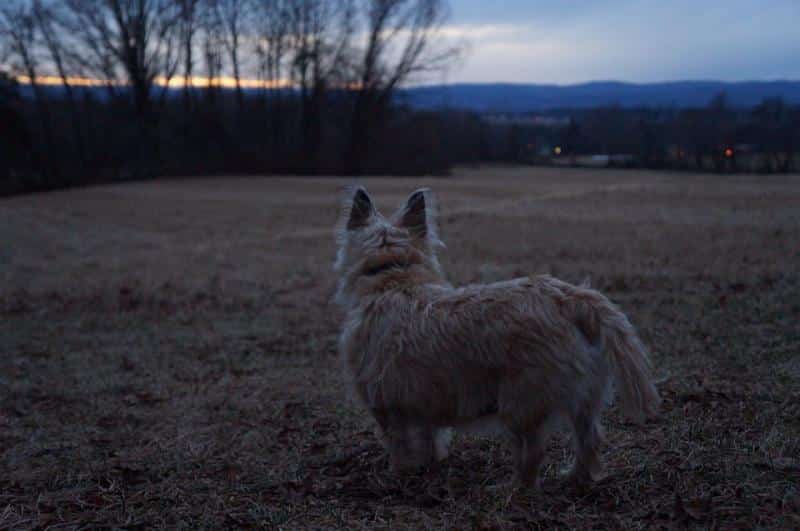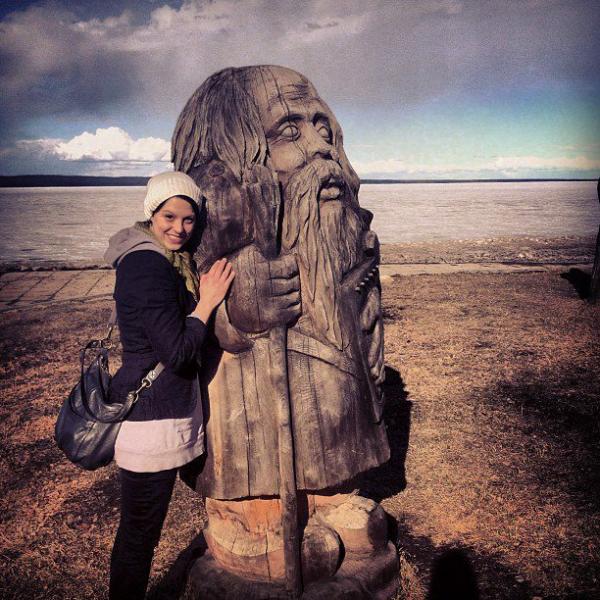
Cassandra Hartblay
PhD student in Cultural and Medical Anthropology, UNC at Chapel Hill
When did you first develop an interest in Slavic, East European and Eurasian Studies?
When I was six years old, I watched the documentary Age 7 in the USSR, the first of four documentaries in Sergey Miroshnichenko’s series based on Michael Apted’s Seven Up! concept. It made a big impression on me. I must have asked someone what “communism” was, and some well-intentioned adult explained that the idea of communism is that no one owns any more than anyone else – everyone gets the same amount of money and things. To a six year old, this sounded like a great idea, and I couldn’t imagine why such a system had fallen apart. This quandary – what happened to the Soviet Union? – stuck with me, and when I had the opportunity to study Russian and go on an exchange program in high school, I jumped. My own family heritage is entirely Eastern European – Polish, Polish Jewish, Slovak, Ukranian, and Hungarian, so no one was upset that I was studying a Slavic language. My father has always been active in Polish American culture, and I visited Poland several times as a teenager and spent at summer at Jagellonian University in Krakow during college.
How have your interests changed since then?
I’m still interested in the legacy of the Soviet Union, and in configurations of post-communism. I’m also still interested in the work of representing the perspectives and ideas of my age-mates or peers who live in Russia. As a teenager and adult, I got involved in disability advocacy in the US, and eventually brought that lens to my ethnographic research in Russia and Central Asia.
What is your current research project?
I am currently completing my PhD at the University of North Carolina at Chapel Hill. My dissertation centers on the voices and experiences of young adults (20-35) with disabilities in the city of Petrozavodsk, Russia. The ethnography considers how lived realities of postsocialism and the remnants of Soviet infrastructure reproduce the marginalization of people with disabilities in culturally specific ways. It includes stories about inaccessible accessibility ramps, about the changes to social services and non-profit culture serving people with disabilities from the 1990s til today, and about how people with disabilities live and form social identities. In addition to the academic text, I am also working on a play script based on interviews with my research participants, and I am publishing a documentary photography project based on this research as well.
What do you value about your ASEEES membership?
As a sociocultural anthropologist, I’m often an outlier in terms of geographic region. ASEEES is a space where I don’t have to start from the beginning to contextualize Russia and the post-Soviet conjuncture. ASEEES scholars also aren’t afraid to challenge one another in terms of interpretation, translation, or claims about a given situation on the ground; this is very different from anthropology, where often what you have in common with scholars is theoretical and topical, and rarely has anyone ever been to anyone else’s field site. I also enjoy the interdisciplinarity of ASEEES, and encountering non-academics working in policy and applied fields who attend the yearly convention – it’s a great way to stay abreast of what conversations are happening about the region in other arenas.
Besides your professional work, what other interests and/or hobbies do you enjoy?

